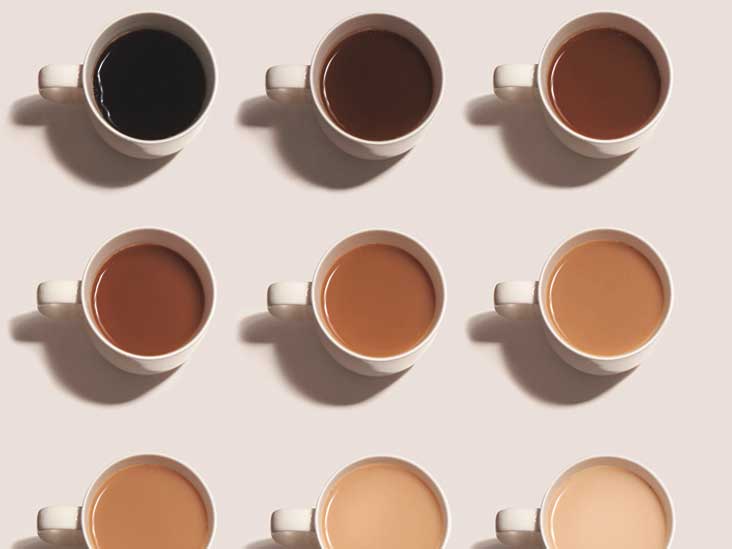The Of Caffeine Myths and Facts - WebMD
The Pros and Cons of Caffeine in Addiction Recovery - The Facts
What is caffeine? Caffeine is the stimulant in your coffee, tea, chocolate and soda that minimizes fatigue, increases awareness and offers you an increase of energy. It can likewise trigger sleeping disorders, headaches, dehydration and high blood pressure, if you're not careful. For many, caffeine is a tool to help them get up, perk up and focus.
Caffeine is a white, bitter compound that's found naturally in over 60 plants, consisting of coffee beans, tea leaves and cacao pods that are used to make chocolate. The U.S. Fda (FDA) considers caffeine to be both a food additive and a drug. The quantity of caffeine in your food and beverage differs.
The Buzz on Caffeine Addiction Treatment - 317-495-6376
Coffee can have as low as 2 milligrams of caffeine (decaf coffee) per cup, and as much as 200 milligrams per cup. Your typical tea has about 40 milligrams of caffeine, but it can range from 9 to 110 milligrams. Twelve ounces of soda pop/soft beverage generally has 30 to 60 milligrams of caffeine.
What result does caffeine have on the body? Caffeine passes into your bloodstream from your stomach and small intestine. As soon as in your blood stream, caffeine promotes your main nerve system your nerves, brain and spine to make you feel more awake and alert. Caffeine minimizes tiredness and improves focus and concentration.
See This Report about Treatment for Caffeine Dependence - Full Text View - Clinical
When you consume or eat caffeine, the dopamine signaling in your brain is improved. Dopamine is a chemical that assists with managing motivation, emotions and movement. You feel more alert and awake when the signaling increases. Just how much caffeine is too much? The average American adult consumes 200 mg of caffeine a day.

Consuming approximately 400 mg or 4 cups of coffee does not trigger issues for the majority of people. However, caffeine affects people differently, depending on their size, gender and level of sensitivity to it. If you're sensitive to caffeine, even moderate quantities can cause insomnia (trouble sleeping), fast heart rate, anxiety and sensations of restlessness.

Sugar And Caffeine In Recovery Can Be Fun For Anyone
What are the symptoms of having excessive caffeine? Signs of having excessive caffeine might include: Headache, anxiousness, dizziness. Having "the jitters" or feeling shaky. Sleeping disorders or sleep that is "on and off" throughout the night. Racing heart or irregular heart beat. Boost in blood pressure. Dehydration. Who should prevent Read More Here ? It's not safe for everybody to have caffeine in their diet plan.
UNDER MAINTENANCE